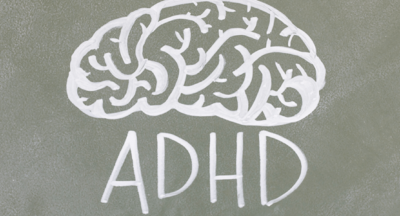
Understanding Cognitive Behavioral Therapy (CBT) Principles
What is CBT?
Cognitive Behavioral Therapy (CBT) is a form of psychotherapy that focuses on the connection between thoughts, feelings, and behaviors. It is a widely used and evidence-based approach that helps individuals understand and change their patterns of thinking and behavior to improve their mental health and well-being.
CBT Principles
CBT is guided by several key principles that form the foundation of this therapeutic approach. These principles help therapists and clients work together to identify and address problematic thoughts and behaviors. Let’s explore three important CBT principles in detail:
CBT Emphasizes Collaboration and Active Participation
One of the fundamental principles of CBT is the emphasis on collaboration and active participation between the therapist and the client. In CBT, the therapist and client work as a team, with the therapist providing guidance and support while the client takes an active role in their own therapy.
This collaborative approach helps clients feel empowered and involved in the therapeutic process. It encourages them to take responsibility for their thoughts, feelings, and behaviors, and actively work towards change. Through open and honest communication, the therapist and client can build a strong therapeutic alliance and work together towards achieving the client’s goals.
CBT Initially Emphasizes the Present
Another important principle of CBT is the focus on the present moment. While past experiences and traumas can shape our thoughts and behaviors, CBT primarily concentrates on the here and now. By focusing on the present, CBT helps individuals identify and address current patterns of thinking and behavior that may be contributing to their distress.
By examining and challenging these present thoughts and behaviors, individuals can develop healthier coping strategies and make positive changes in their lives. CBT recognizes that while we cannot change the past, we have the power to shape our present and future by altering our thoughts and behaviors.
CBT Emphasizes Psycho-Education
Psycho-education is a key principle of CBT, which involves providing individuals with information and knowledge about their specific mental health condition or difficulties. This education helps clients better understand the connection between their thoughts, emotions, and behaviors. The therapist psycho-educates about the basics of CBT, CBT cognitive model, CBT Cognitive triad, CBT Cross-Bun model etc. so that the client is able to understand what the therapist is doing. Only when Psycho-education happens, Active participation of the client is possible.
Through psycho-education, individuals gain insight into the underlying causes of their distress and learn strategies to manage their symptoms effectively. They become aware of the cognitive distortions or negative thinking patterns that contribute to their distress and are equipped with tools to challenge and replace these unhelpful thoughts with more realistic and positive ones.
By educating clients about their condition and the therapeutic techniques used in CBT, individuals are empowered to take an active role in their own recovery and develop long-lasting skills to manage their mental health.
Conclusion
Cognitive Behavioral Therapy (CBT) is a highly effective therapeutic approach that helps individuals understand and change their patterns of thinking and behavior. The principles of CBT, such as collaboration and active participation, focus on the present, and psycho-education, guide therapists and clients in working together towards positive change.
By embracing these principles, individuals can gain insight into their thoughts and behaviors, develop healthier coping strategies, and ultimately improve their overall mental well-being.
Related Posts
Understanding Eating Disorders According to the Diagnostic and Statistical Manual of Mental Disorders-5-TR
Introduction The Diagnostic and Statistical Manual of Mental Disorders-5-TR...
Understanding Spectrums and Diagnostic Criteria as per DSM-5-TR
What is the Diagnostic and Statistical Manual of Mental Disorders-5-TR...
Understanding Cognitive Behavioral Therapy (CBT) Principles
https://www.youtube.com/watch?v=S_eHD4Wi7do Introduction Cognitive Behavioral...
Understanding Cognitive Behavioral Therapy (CBT) Principles
https://www.youtube.com/watch?v=cLYRV29mflM What is CBT? Cognitive Behavioral...





